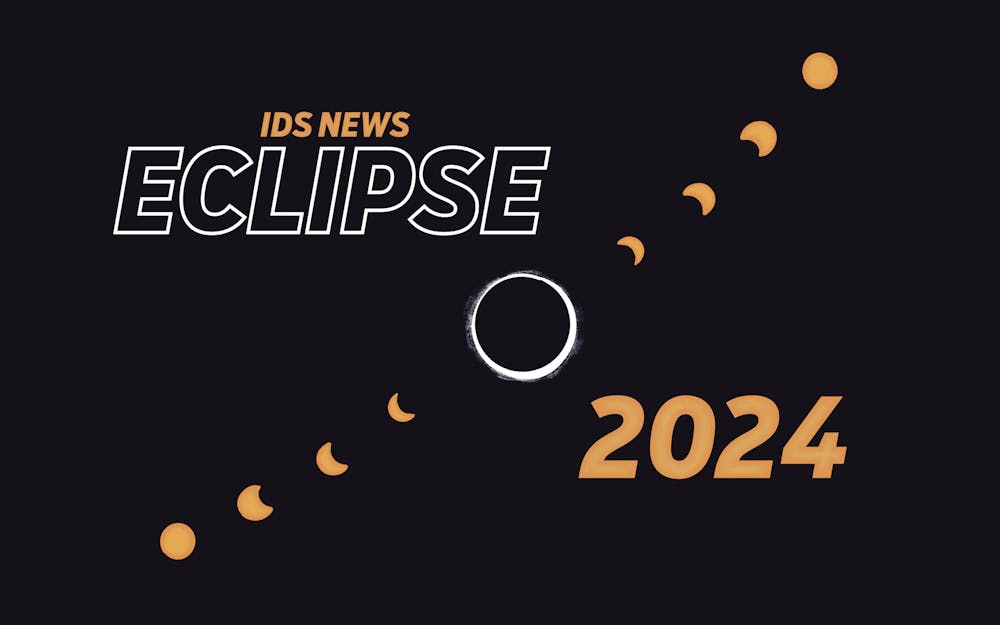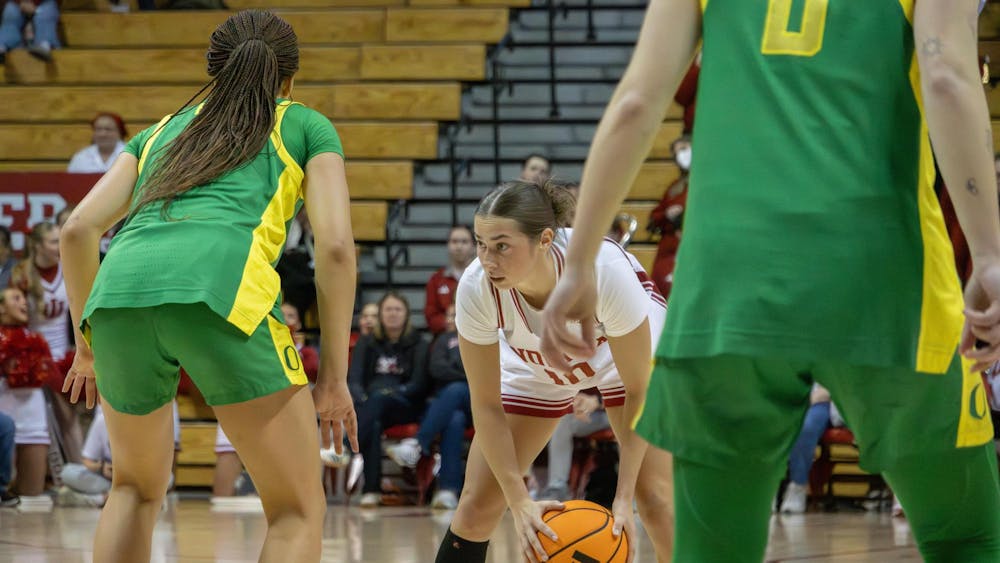For some, it happens slowly: the regard for things such as giving out treats on Valentine’s Day, or trick-or-treating on Halloween, is gradually coaxed out of that part of your brain labeled “important things.” For others, it occurs like the shattering of a window: One well-placed pebble brings down the entire illusion. Perhaps you caught your guardian eating Santa’s cookies, or woke up on Easter Day to find that the bunny hadn’t come, and instead, it was time to have a serious conversation about holiday mascots. Either way, every one of us experiences that cruel transition from childhood to adulthood, characterized by a loss of wonder and the increasing presence of a monotonous cycle of responsibilities. You come to forget what day of the year you must wear green to avoid getting pinched, but are intensely aware of when your bills are due.
Then days like April 8, 2024, take place. Along with the hubbub of deadlines and to-do lists, in your mind spawns an awareness for the big day, reinforced by a wealth of posters, signs and social media posts for you to spot at any given time. You’ve rarely seen your surroundings so united like this. It begins to slip into casual conversation, the same frequency to which acquaintances routinely ask one another about their weekends. The question went: “What are you doing for the eclipse?”
Two hours before totality, I stepped out of my dorm for the first time that day to witness already palpable energy. A group of several peers played sand volleyball outside, and people had begun to lay claim to various patches of picturesque green grass. The sun beat down indiscriminately on pavement, buildings and skin, measuring a striking 75 degrees. This was a welcome upswing in the preceding weeks of temperamental weather, where any given day’s high could be as low as 40 degrees. While I walked, eager participants began to stream from various buildings and parking lots and onto arterial sidewalks, joining a crowd of others. As we trickled towards the center of the action, emitting a buzz of conversation and music, I felt the campus was alive.
I burst into Dunn Meadow screaming, squinting and stumbling. I hadn’t yet managed to pinpoint my group among the patchwork expanse of towels, sheets and picnic blankets, nor could I properly hear my friend Nina explaining to me on the phone their location (close to the music stage, it appeared). Weaving my way across the field, I spotted booths selling food, hobbyists setting up cameras, families blowing bubbles, and students playing ball games. Excitement emanated everywhere. Finally sitting down amongst my friends, I allowed myself to anticipate, too.
Around an hour before totality, we were able to spot a tiny sliver of the moon peeking over the sun. From then on, every five minutes — maybe less — was punctuated with an expectant glance towards the sky through our solar viewers, as we collectively watched the moon eat more and more of the light. The effect on the ground was tangible: the air became chillier, and soon I could make conversation without squinting through my sunglasses. It felt as if the crowd began to settle, too: People stopped playing games and hunting for food, instead taking their seats and whispering to one another about the moon’s progress across the sky. As the sun became a thin crescent, the light cast on the mass of onlookers was unlike any I’d ever seen before— though our surroundings became dim, and a straggling orange glow illuminated those who faced the direction of the eclipse. Then, suddenly, we could spot Venus in the sky. After that, it took only a moment for things to go dark entirely.
Unrestrained cheers erupted as the moon slotted into its place between us and the sun. Hundreds and hundreds of onlookers turned into silhouettes — for four minutes, everything paused in that packed little meadow on the northwest corner of Indiana University’s Bloomington campus, and the ring of warmth in the sky felt like a celestial smile.
I was breathless as the sun returned, though I hadn’t done anything other than crane my neck towards the sky. The wonderment continued to thrum under my skin, refusing to leave even as we folded our towels and collected our trash, still remaining whenever I recount the experience and even now, as I write this reflection.
As one grows and settles into adulthood, it is rare something happens without being carefully planned, worked, saved and applied for; often, due to their tireless nature, they don’t happen. More important things demand attention.
It’s moments like a total solar eclipse, of which you just happen to be in the path of, in which something is done for you. When you watch the moon cover the sun in totality, you experience a kind of all-encompassing awe you haven’t felt since opening up holiday presents as a kid. It’s a feeling you don’t get often, if at all, as an adult — which seems like kind of a bad deal, right? A revitalizing resurgence of childhood, and it takes a once-in-a-lifetime planetary event to occur.
Not exactly. We don’t have to wait for something to happen to us; these moments can be made, and they should be made, for the sake of our happiness. Everyone needs a break, and moments where one can truly enjoy themselves and connect with their inner child are essential to carving out a content life. It can be as simple as playing a nostalgic video game, or as intricate as a week-long escapade to a long-desired travel destination. Either way, everyone should ask themselves: How can I reclaim that child-like wonder?
Ellie Willhite is a freshman pursuing a BFA in cinematic arts, sociology and Korean.






